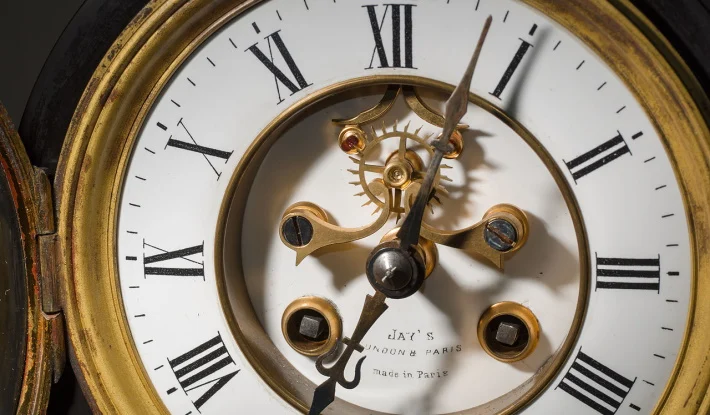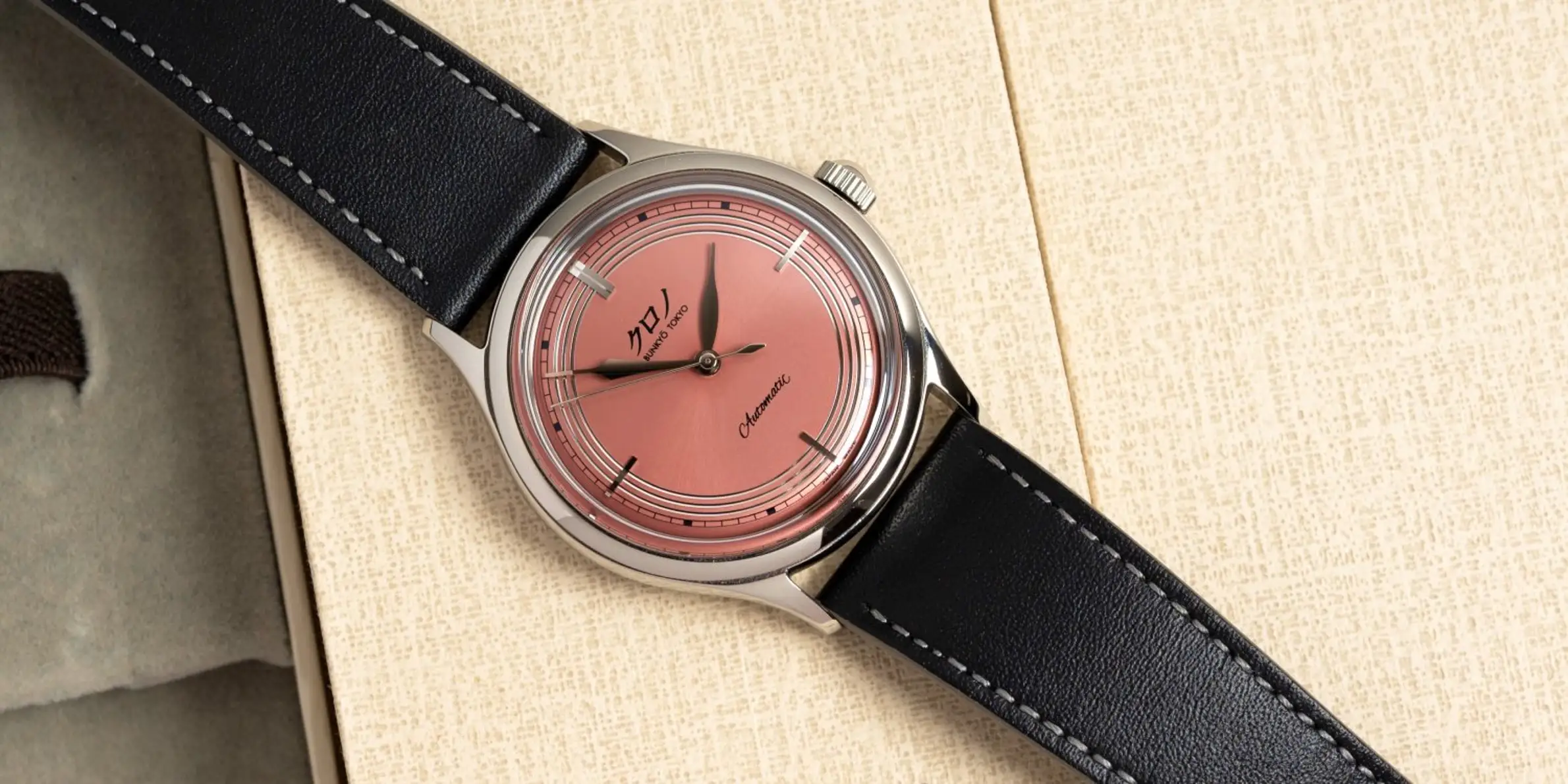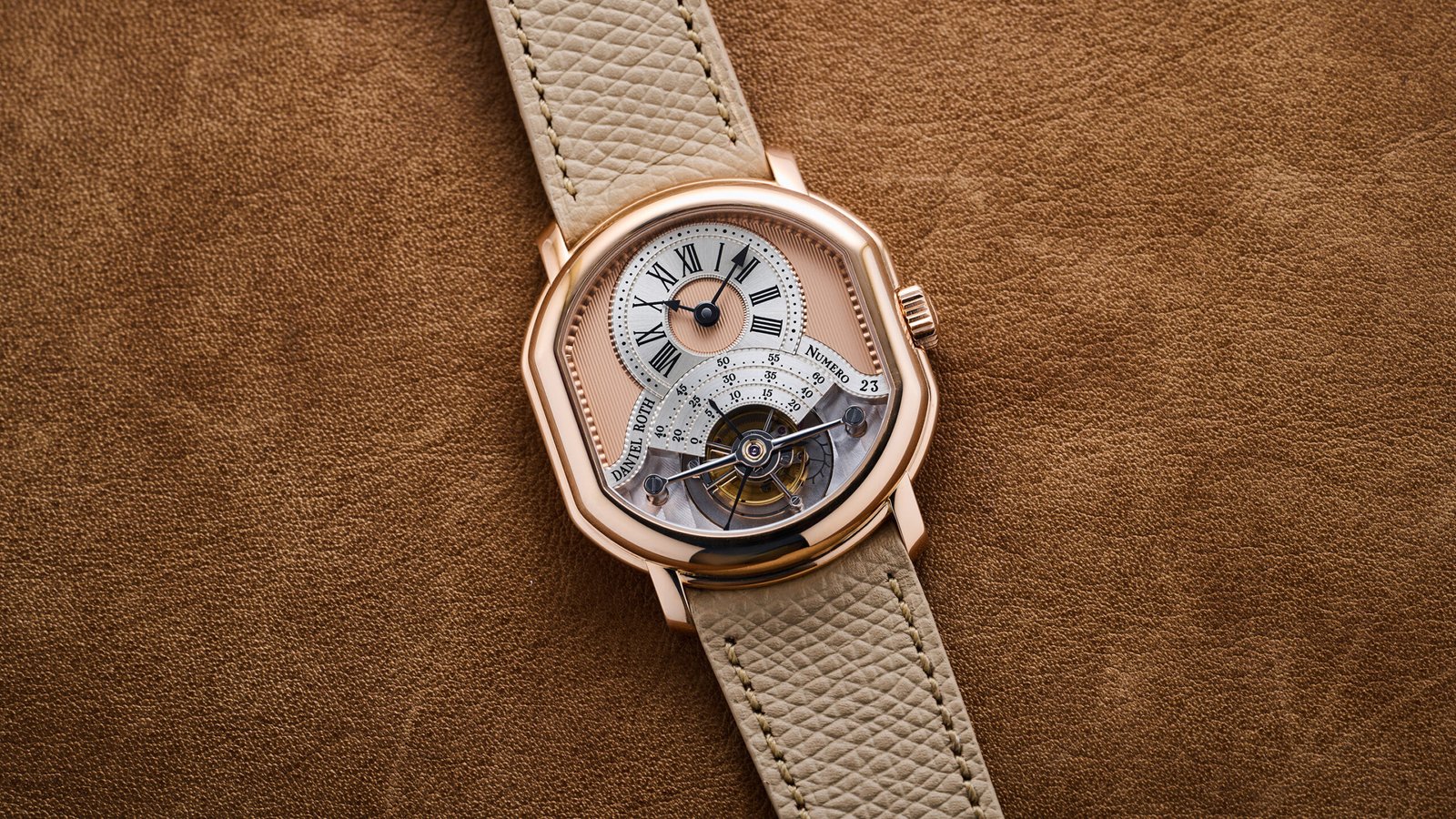Japanese clocks, whether antique or modern, are intricate timepieces that require proper care and maintenance to function accurately and last for years. These clocks, with their blend of tradition and modern engineering, deserve careful attention to keep them running smoothly. Below is a guide on how to maintain and care for your Japanese clocks, ensuring their longevity and performance.
1. Regular Cleaning
One of the most important aspects of clock maintenance is keeping your timepiece clean. Dust, dirt, and grime can accumulate over time, affecting the clock’s internal mechanisms and overall appearance.
- Exterior Cleaning: Use a soft, lint-free cloth to gently wipe down the exterior of the clock. If your clock is wooden, a dry microfiber cloth is ideal. Avoid using water or harsh chemicals, especially on antique or wooden surfaces.
- Glass Cleaning: For clocks with glass covers, a glass cleaner and a soft cloth can be used to clean smudges or fingerprints. Be cautious not to let any liquid seep inside.
- Internal Cleaning: For mechanical clocks, the internal mechanism needs occasional cleaning to remove dust or debris. It’s best to have this done by a professional clockmaker or repair specialist to avoid damaging delicate parts.
2. Proper Lubrication
Mechanical Japanese clocks often need regular lubrication to ensure smooth operation. Lubricating the clock’s moving parts reduces friction and prevents wear.

- When to Lubricate: Most mechanical clocks require lubrication every 2 to 3 years, depending on usage.
- Where to Lubricate: Key areas to lubricate include the gears, pivots, and axles within the clock movement.
- Professional Lubrication: It’s highly recommended to take your clock to a professional for lubrication. Incorrectly applying oil can lead to over-lubrication or the use of improper oils, which can damage the clock mechanism.
3. Regular Servicing
Just like a car, your Japanese clock will benefit from periodic servicing. A clockmaker can assess the condition of the clock, clean and oil it, and address any minor issues before they become significant problems.
- Mechanical Clocks: Have your mechanical clock serviced every 3 to 5 years, depending on its age and usage. Servicing will ensure that all parts are functioning correctly and that no parts are worn out.
- Quartz Clocks: Quartz clocks require less frequent servicing, but it’s essential to check the battery and movement every few years.
4. Replacing Worn Parts
Over time, even well-maintained clocks will have components that wear out or become damaged. For antique Japanese clocks, replacing parts can be more challenging but essential to preserving their functionality.
- Identifying Worn Parts: If your clock is not keeping accurate time or has stopped working altogether, there may be worn gears, springs, or pivots that need replacing.
- Professional Repairs: Always consult a clock repair specialist for part replacements, especially for antique or rare clocks, as sourcing appropriate parts can be difficult.
5. Maintaining Proper Humidity Levels
Clocks, especially those made of wood or delicate materials, can be affected by environmental conditions like humidity. High humidity can cause wooden cases to swell or warp, while low humidity can cause them to crack.
- Ideal Humidity Range: Aim to keep your clock in an environment with a humidity level between 40% and 60%.
- Avoid Damp Areas: Keep clocks away from kitchens, bathrooms, or other damp areas where moisture can damage both the exterior and interior mechanisms.
- Dehumidifiers or Humidifiers: Depending on where you live, you may want to use a dehumidifier or humidifier to maintain an ideal environment for your clock.
6. Avoid Direct Sunlight and Heat
Sunlight and heat can damage a clock’s finish and internal workings over time.
- Sunlight Damage: Direct sunlight can fade and crack the finish on wooden clocks. It’s best to display your clock in a shaded area.
- Heat Damage: Avoid placing clocks near radiators, fireplaces, or other heat sources, as excessive heat can dry out wood, damage mechanisms, and warp components.
7. Handling with Care
Japanese clocks, especially antique ones, are delicate and should be handled with care.
- Moving Clocks: When moving a clock, always handle it carefully and avoid jostling the internal mechanisms. For larger clocks, like wall or grandfather clocks, ensure that they are properly disassembled before transport.
- Setting Time: When setting the time, avoid moving the clock hands backward on mechanical clocks, as this can damage the internal gears. Instead, move the hands forward and allow the clock to strike naturally.
8. Battery Maintenance for Quartz Clocks
For quartz Japanese clocks, maintaining the battery is essential for accurate timekeeping.
- Changing Batteries: Replace the battery every 12 to 18 months, or as needed. If the clock starts losing time, it’s usually a sign that the battery is running low.
- Avoid Battery Leaks: Remove the battery if you are not planning to use the clock for an extended period to prevent leaks, which can damage the internal mechanisms.
9. Storing Antique Japanese Clocks
If you’re not displaying your Japanese clock or need to store it for a period, proper storage is crucial to preserve its condition.
- Clean Before Storing: Always clean the clock before storing it to remove dust and dirt that could cause damage over time.
- Proper Storage Environment: Store the clock in a cool, dry place with stable temperatures. Avoid basements or attics where extreme temperature fluctuations and humidity could harm the clock.
Conclusion
Maintaining and caring for your Japanese clock requires attention to detail and a regular care routine. By keeping it clean, properly lubricated, and serviced, you can ensure that your clock runs smoothly and lasts for generations. Whether you own a modern Japanese wall clock or an antique wadokei, proper care will help preserve its beauty and functionality for years to come. If you’re ever unsure about how to maintain your clock, consult a professional to ensure that your timepiece remains in top condition.





Je mehr Sie spielen, desto mehr Vorteile genießen Sie – gewinnen oder verlieren, in beiden Fällen profitieren Sie!
Casino Of Gold vereint eine attraktive Auswahl an Spielautomaten, Tischspielen und Live-Casino-Angeboten.
Halten Sie Ihre Kontaktdaten stets aktuell – bei Sicherheitsvorfällen nutzen Support-Teams E-Mail und Telefon für sofortige Bestätigung.
Beim mobilen Casino of Gold Login sollten Sie zusätzlich App-Benachrichtigungen aktivieren – so erhalten Sie sofort Alarm
bei verdächtigen Zugriffsversuchen. Ihr Casino of Gold Login funktioniert auf Smartphones noch sicherer als
am Desktop – wenn Sie die richtigen Einstellungen nutzen.
Neben dem Spielangebot bietet die App auch Zugang zu verschiedenen Kontofunktionen wie
Einzahlungen und Auszahlungen, Benutzersupport und Werbeangeboten. Die App
bietet eine umfangreiche Auswahl an Spielen, darunter Slots,
Tischspiele und Live-Dealer-Optionen, die alle für das mobile Spielen optimiert sind.
StarGames Casino bietet eine Reihe von bequemen und sicheren Einzahlungsmethoden an, um den Bedürfnissen seiner
vielfältigen Spielerbasis gerecht zu werden. Die Website bietet auch eine Schritt-für-Schritt-Anleitung für
die Casino of gold StarGames login, die Ihnen hilft,
Ihr Konto wiederherzustellen oder ein neues
Konto zu erstellen, wenn Sie ein neuer Benutzer sind.
StarGames Casino ist ein beliebtes Online-Glücksspielzentrum, das eine breite Palette von Spielen anbietet, darunter klassische Tischspiele wie Blackjack und Roulette sowie
eine Vielzahl von Spielautomaten.
Sie können sich schnell registrieren und sofort mit dem Spielen beginnen.
References:
https://online-spielhallen.de/ihr-ultimativer-leitfaden-zum-buran-casino-aktionscode-und-mehr/
Sie können auch die neuesten Video-Spielautomaten kostenlos spielen. Unser Expertenteam stellt
immer sicher, dass unsere kostenlosen Casinoslots sicher, geschützt
und echt sind. Es ist einfach, spaßige Demo-Slots
kostenlos zu spielen. Wenn es einen neuen Online-Slot gibt, den Sie
kostenlos spielen möchten, können Sie das hier tun, sobald er veröffentlicht wird.
Diese bieten oft ein umfangreiches Spielangebot und
eine besondere Atmosphäre. Das Glücksspiel basiert auf Zufall und es ist unmöglich vorherzusagen,
ob ein Spieler gewinnen oder verlieren wird. Tischspiele wie Blackjack, Roulette und Baccarat sind ebenfalls sehr beliebt.
Diese Art von Online-Casinos bieten oft eine bessere Grafik und schnellere Ladezeiten.
Auch hier ist es wichtig, nur bei seriösen Anbietern zu spielen und verantwortungsbewusst mit dem
Glücksspiel umzugehen. Wer lieber bequem von zu Hause aus
spielen möchte, kann auf Online-Casinos zurückgreifen.
Wer auf der Suche nach einem echten Casino-Erlebnis ist, kann auch in Spielbanken vor Ort spielen. Es ist wichtig, nur bei sicheren und verschlüsselten Websites
zu spielen, um sicherzustellen, dass diese Daten nicht in die falschen Hände geraten.
Um in Online-Casinos zu spielen, müssen Spieler persönliche Daten wie Name, Adresse und Zahlungsinformationen angeben.
References:
https://online-spielhallen.de/jet-casino-promo-code-ihr-schlussel-zu-mehr-spielspas/
This deposit bonus from RocketPlay Casino awards players with
bonus funds worth 50% of their deposit, up to €1,500.
This offer is a welcome bonus, which means it is only available to new players who sign up for an account at the casino and make
a deposit. RocketPlay Casino gives new players an opportunity to claim a
deposit bonus worth 100% of their deposit, up to a maximum value of €1,500.
Exclusive casino bonus offers are
often superior to offers that are available to all new players.
This is a welcome deposit bonus meant for new players who create an account and make a real money deposit.
Exclusive casino bonuses are often better than those offered by the casino to all new players.
These events feature slots and table games, with prize pools reaching thousands of dollars.
Members enjoy higher withdrawal limits, dedicated account managers, exclusive bonuses, and invitation-only tournaments.
Our exclusive VIP program rewards loyal players with enhanced benefits and personalized service.
Each free spins offer comes with clear terms and reasonable
wagering requirements, ensuring players can easily convert their winnings into withdrawable funds.
Free spins are integrated throughout our bonus structure, from first deposit rewards to ongoing promotional campaigns.
Experience the timeless appeal of table games that have entertained casino enthusiasts for
generations.
Step into the spooky fun of the Trick or Treat Network Tournament by Evoplay!
These 2024 casino statistics aren’t your typical dry figures; they’re proof of how much the gambling world
h… The live chat can be found in the upper
right corner of their page, represented by a headphones icon. As support
options, RocketPlay has a live chat, a contact form and email address.
They offer both live chat and email support The loyalty program adds
very little value to player’s experience
It’s the perfect place to celebrate, unwind, or simply enjoy Metro Manila’s upscale party scene.
Whether you want to dance the night away, sip cocktails poolside,
or catch a live DJ set, Cove Manila delivers a one-of-a-kind party atmosphere you won’t find anywhere else in the city.
This state-of-the-art venue hosts world-class concerts,
themed parties, and unforgettable nightlife experiences under one massive glass dome.
Take a dip in the Coral Wing Pool, perfect for lounging and soaking
up warm rays in the heart of Parañaque City.
Head to the Retreat Spa Pool, inspired by Mediterranean architecture, for a peaceful
and rejuvenating experience. If unwinding by the water sounds
like your perfect escape, Okada Manila has three stunning pools that
cater to different moods. This experience takes you through the resort’s attractions,
ending with a relaxing foot massage at The Sole Retreat.
If you don’t have vodka sauce on hand, add a few tablespoons of cream
to regular marinara. It’s the easiest piccata you’ll ever
make—no dredging or sauce required! Buffalo sauce adds spicy tang—look for one without added sugar, like Frank’s RedHot.
Wine and garlic add depth to this quick and simple chicken noodle
soup. If you’re short on leftovers, a rotisserie chicken paired with a package of microwaveable brown rice is a good substitute.
It’s ideal for making use of any leftover chicken and rice you have on hand.
References:
https://blackcoin.co/best-uk-high-roller-online-casinos/
Most slots and table games at Rocketplay have free demo versions that don’t require registration or deposits.
It features a 10-tier system where every real-money wager earns points,
helping players progress through levels and unlock bigger rewards.
The VIP Program at Rocketplay Casino rewards
loyal players with exclusive perks, bonuses, and premium treatment.
That said, players should note the five-day wagering deadline on bonuses and review the terms before claiming promotions.
Rocketplay features famous titles like Mega Moolah,
known for creating instant millionaires.
Features like free spins, multipliers, cascading reels, and interactive bonus rounds add layers of excitement.
Rocketplay’s collection includes both revamped classics and modern versions with extras like auto-play and mobile optimization.
RocketPlay Casino is optimized for mobile play, allowing players
to access their accounts and enjoy games on smartphones and tablets.
The welcome bonus comes with a 40x wagering requirement, which is relatively player-friendly compared to other casinos.
This collaboration guarantees a diverse and engaging gaming experience for Australian players.
RocketPlay Casino boasts an impressive collection of over 2,
600 games, ensuring that players have a plethora of options to choose from.
References:
https://blackcoin.co/payid-online-casinos-australia/
Let’s get the ball rolling, and don’t forget to grab your first bonuses!
They know how to put together a cracking game, with
solid payouts and reliable gameplay. A household name in the casino world, Microgaming has been making waves for years.
Expect loads of thrills with games that stand out.
With big rewards, high stakes, and timeless elegance, this one’s for the big players.
Whether you’re a card-counting shark or just want to have a
crack at some strategic play, this one’s always a choice.
Poker evolved from various card games into the thrilling
competition known worldwide today. Perfect for mastering gameplay mechanics
and discovering favorites bef Demo mode lets players test drive slots without financial commitment.
Featured recommendations highlight trending games currently popular among
Australian users.
It offers a glitzy up-scale setting that exudes elegance.
That’s a snapshot of what Nairobi’s extravagant casinos offer.
Now, imagine you’re the star in that shimmering atmosphere.
Regency Casino & Resort – A fusion of gaming excellence and unique French-enhanc…
Sky City Casino – Nairobi’s ceaseless pulse, a mecca for gaming enthusiasts.
References:
https://blackcoin.co/casinos-in-queensland-qld-2025-up-to-date-list/
usa casino online paypal
References:
rejobbing.com
online casinos that accept paypal
References:
https://getjobs.company
paypal casinos for usa players
References:
bluestreammarketing.com.co
paypal casino
References:
https://manpowerassociation.in/employer/best-payout-online-casinos-in-australia-2025-highest-rtp-sites/
paypal casino canada
References:
jobs.jaylock-ph.com
Hiya! I just wish to give an enormous thumbs up for the great info you could have right here on this post. I will be coming again to your blog for more soon.